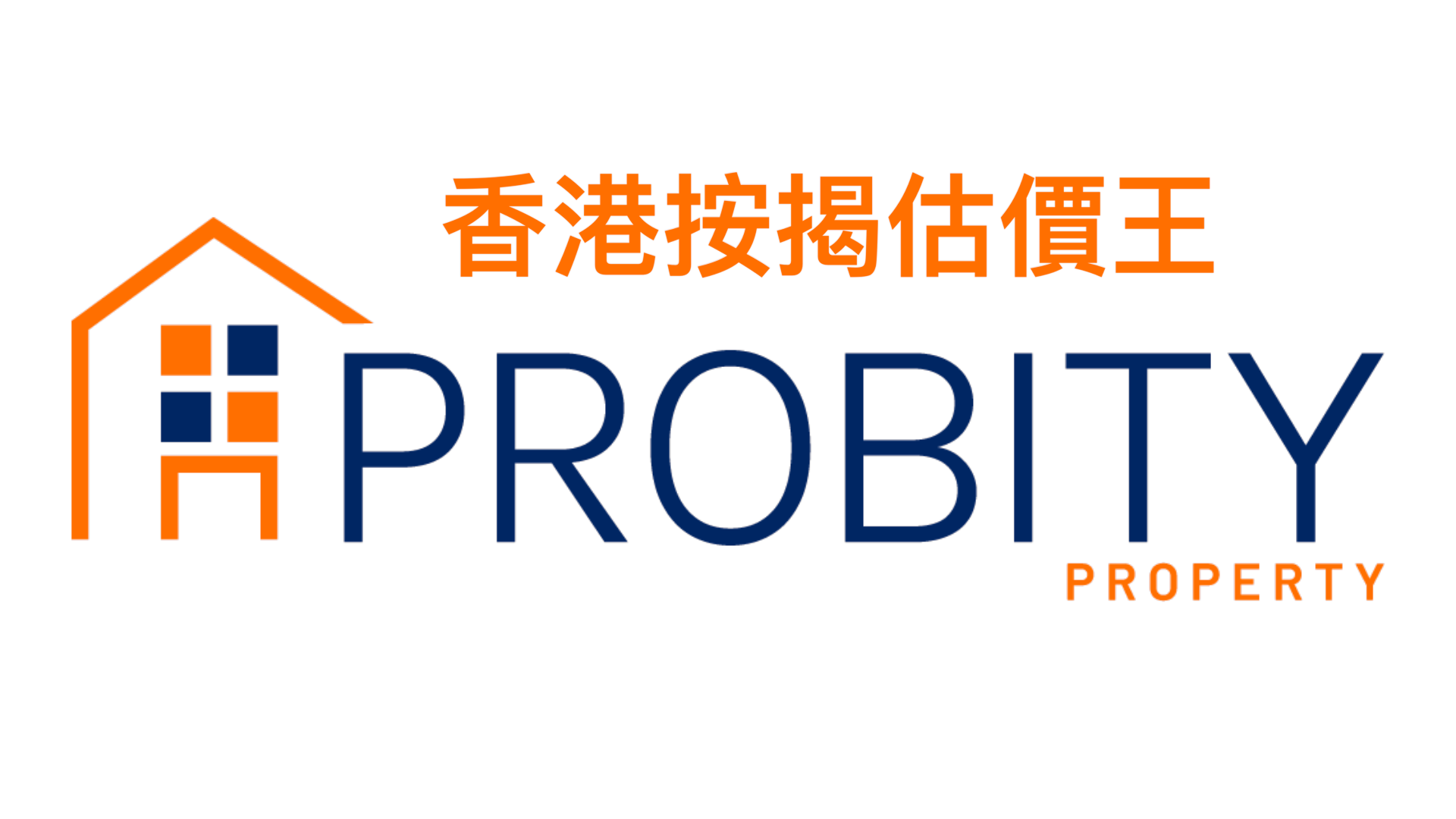Bank Mortgages vs. Developer Mortgages: Comparing Interest Rates, Loan-to-Value Ratios and Risks

Bank Mortgages vs. Developer Mortgages: Comparing Interest Rates, Loan-to-Value Ratios and Risks
If you're planning to buy a new property, it's important to understand the differences between bank mortgages and developer mortgages. While both types of mortgages can help you purchase the property of your dreams, their loan-to-value ratios, interest rates, and risks vary. In this article, we compare bank mortgages and developer mortgages to help you make an informed decision.
Bank Mortgages: Lower Loan-to-Value Ratios and Lower Risks
A bank mortgage is a loan provided by a bank to finance the purchase of a property. The loan-to-value ratio is set by the government, with the highest currently at 60%, which means you need to pay the remaining 40% yourself. The bank will determine the actual loan-to-value ratio based on your financial status and the property valuation. If your financial status is stable, the bank may offer you a higher loan-to-value ratio.
While bank mortgages have lower loan-to-value ratios, they also have lower risks. Banks need to conduct stress tests to ensure that you can afford the mortgage, which means your repayment capacity will be strictly scrutinized. If your repayment capacity is insufficient, the bank may reject your loan application, which helps you avoid future repayment difficulties.
The interest rates for bank mortgages are usually more stable, but they may adjust in response to market interest rate changes. Additionally, the repayment period for bank mortgages is generally longer, typically ranging from 20 to 30 years.
Developer Mortgages: Higher Loan-to-Value Ratios and Higher Risks
A developer mortgage is a loan provided by a developer or a finance company to finance the purchase of a property. Because they are not regulated by the financial authority, developer mortgages usually have higher loan-to-value ratios, which can reach 80% or more. Moreover, you may not need to undergo stress tests, so the application process is simpler, and the approval speed is faster. If your financial status is not very stable or if you want to borrow a higher loan-to-value ratio, a developer mortgage may be a good choice.
However, the risks associated with developer mortgages are relatively higher. Without stress tests, your repayment capacity has not undergone strict scrutiny, which may result in repayment difficulties in the future. Additionally, the interest rates for developer mortgages are usually higher and may adjust in response to market interest rate changes. The repayment period may also be shorter, typically ranging from 10 to 20 years.
How to Choose: Consider Your Financial Status and Risk Tolerance
Both bank mortgages and developer mortgages have their advantages and disadvantages. If your financial status is stable, and you don't want to take on too much risk, a bank mortgage may be a better choice. If your financial status is relatively fragile but you want to borrow a higher loan-to-value ratio, a developer mortgage may be a better choice.
Regardless of which mortgage you choose, it's important to carefully read the terms and conditions, understand your repayment capacity and risk tolerance. If you have any questions, it's recommended to seek professional advice.
Conclusion
Bank mortgages and developer mortgages have their advantages and disadvantages. Bank mortgages have lower loan-to-value ratios, lower risks, more stable interest rates, and longer repayment periods, while developer mortgages have higher loan-to-value ratios, simpler application procedures, but higher risks, higher interest rates, and shorter repayment periods. When choosing a mortgage, you should make an informed decision based on your financial status and risk tolerance.


